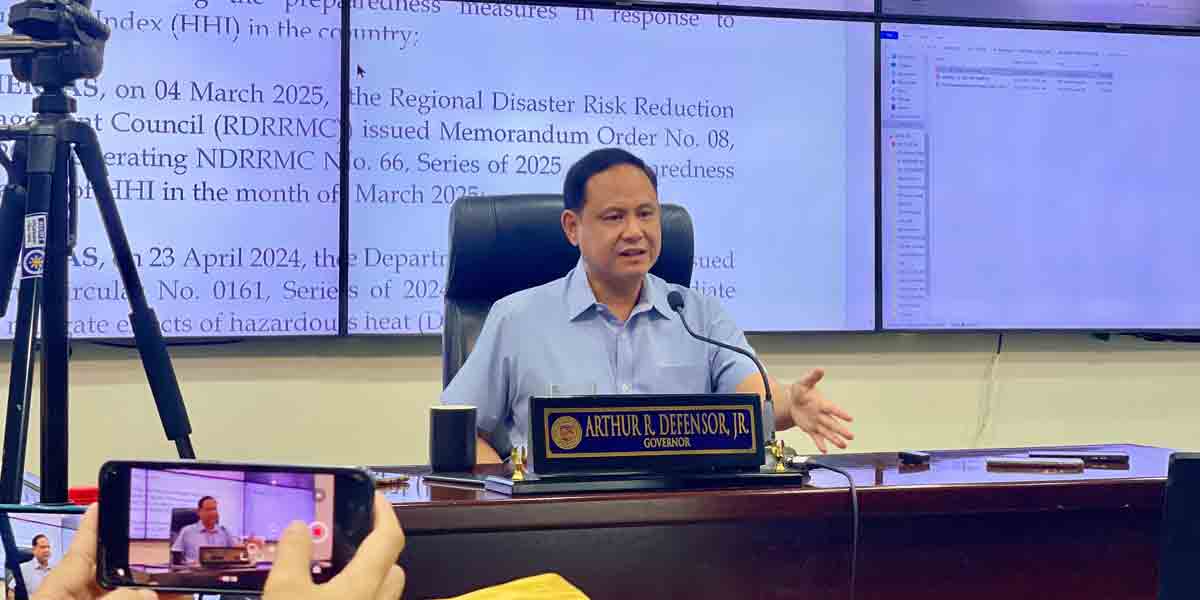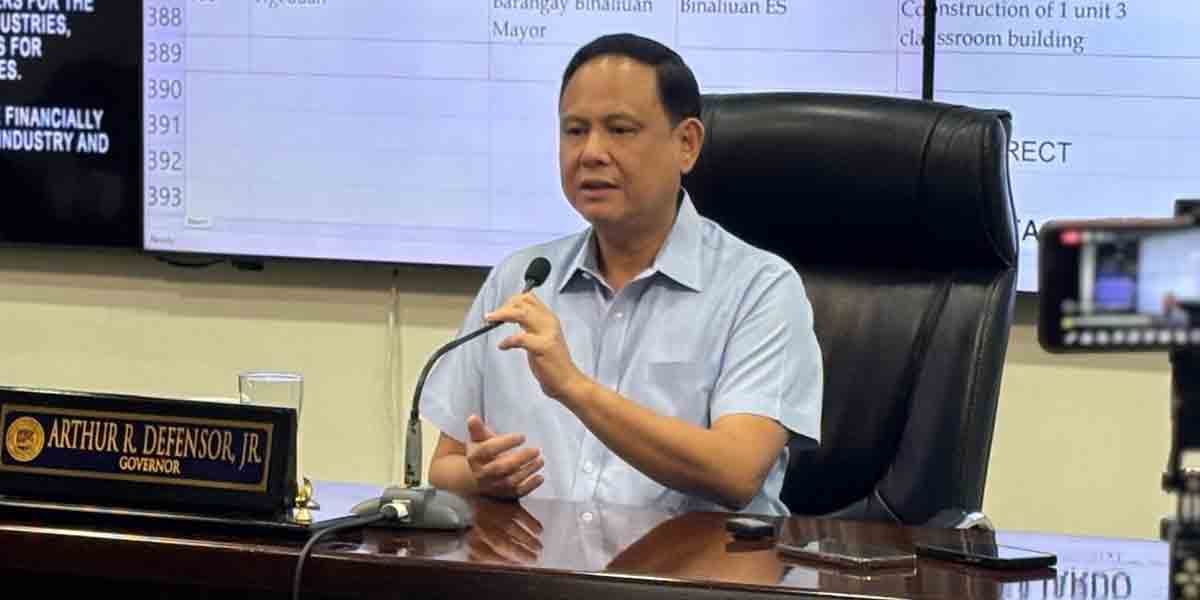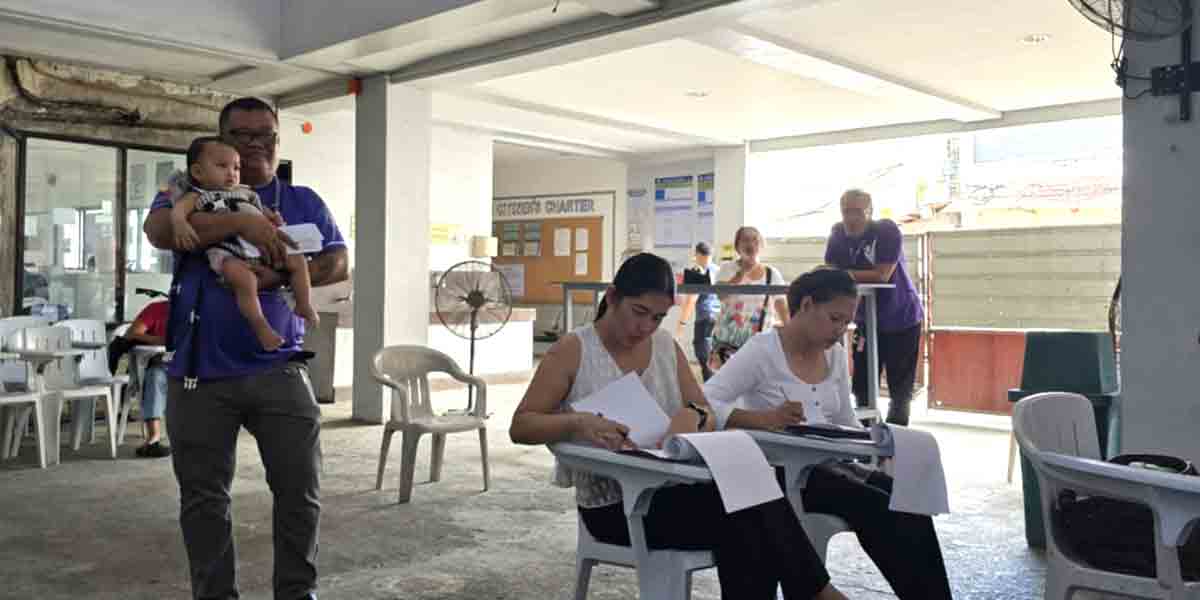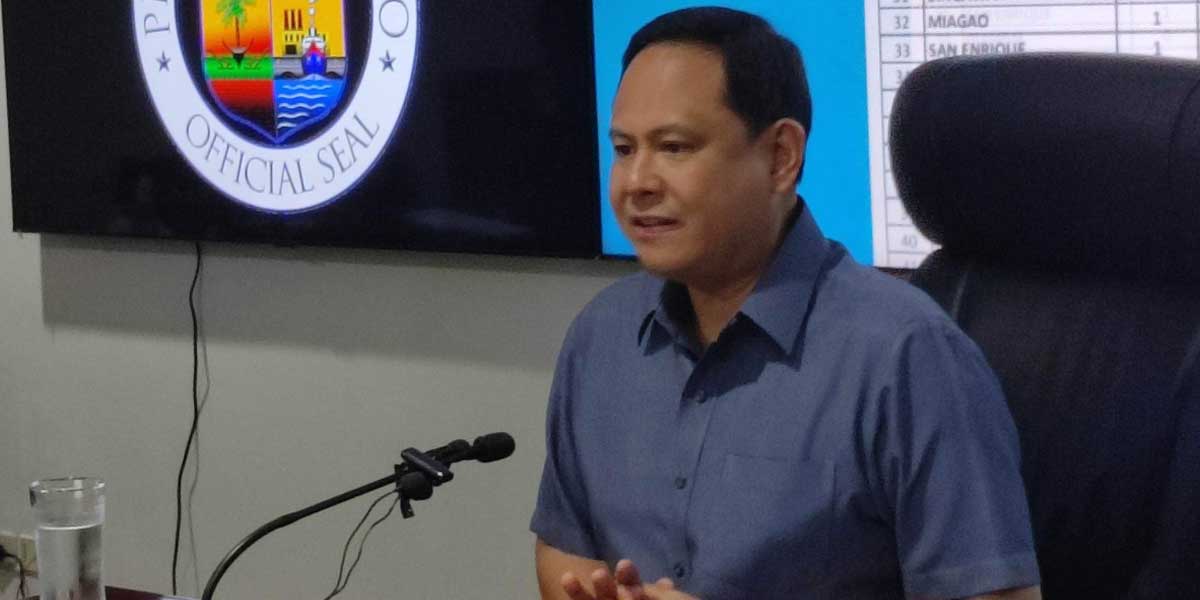SEOUL, South Korea – The SEACEN Governors’ Conference and Board of Governors Meeting, hosted by the Bank of Korea (BOK) on December 6-7, 2024, emphasized the urgent need for coordinated reforms to address global economic challenges and long-term structural shifts.
The conference gathered central bank governors and monetary authorities from SEACEN’s 19 member economies, along with key international experts, to deliberate on the evolving global economic landscape.
Despite sustained growth in 2024 fueled by robust investment, strong consumer spending, and buoyant exports, participants acknowledged the risks posed by geopolitical tensions, trade disruptions, and structural shifts such as digitization, climate change, and population aging.
In his opening remarks, BOK Governor Chang Yong Rhee highlighted the importance of the SEACEN community’s resilience and adaptability in facing economic uncertainties.
Pierre-Olivier Gourinchas, Economic Counsellor and Director of the IMF Research Department, addressed the delegates in the first session, noting that “a monetary, fiscal, and structural ‘triple policy pivot’ is crucial to provide macroeconomic breathing room” amid heightened risks.
A panel discussion followed, led by regional central bank heads, including Sethaput Suthiwartnarueput of the Bank of Thailand and Chea Serey of the National Bank of Cambodia. Panelists stressed the importance of building monetary and fiscal buffers, robust risk management, and strong regional cooperation to mitigate the unintended consequences of global economic policies.
The second session, focused on geo-economic fragmentation, was moderated by Nandalal Weerasinghe, Governor of the Central Bank of Sri Lanka. Hyun Song Shin, Economic Adviser at the Bank for International Settlements, emphasized the need for resilient global value chains and policies to counter shocks in financial markets. Panelists advocated for clear policy communication, enhanced labor mobility, and economic integration as ways to fortify financial resilience.
The conference concluded with a call for reforms addressing long-term structural changes while tailoring policies to economy-specific needs. Participants emphasized that policy responses should balance short-term goals with medium- and long-term impacts to ensure inclusive and sustainable growth.
On December 7, 2024, the SEACEN Board of Governors (BOG) elected BOK Governor Chang Yong Rhee as the SEACEN Chair for 2025, recognizing his leadership as crucial in guiding the organization amid growing economic complexities.
Outgoing Chair Shaktikanta Das of the Reserve Bank of India received commendations for his strong leadership in 2024. The board also welcomed Bank Indonesia’s commitment to assume the SEACEN chairmanship in 2026.
SEACEN, comprising 19 central banks and monetary authorities across Asia, remains committed to fostering regional cooperation and building resilience in the face of emerging challenges.






















